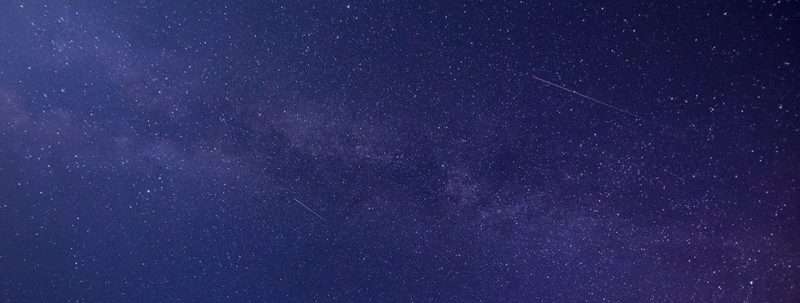This weekend is your best chance to see the Perseid meteor shower, which will light up the night-time sky.
It is one of the brightest annual meteor showers and is likely to produce the greatest number of meteors in the early mornings of August 12th and 13th 2023. In ideal conditions, with no light pollution from the moon or from on the ground, you might typically see around 80 meteors per hour.
What is the Perseid meteor shower?
The Perseids are debris from the comet Swift-Tuttle, the largest object known to repeatedly pass our planet. They are named after the Perseus constellation, the point from which they appear to originate in the night sky.
As Earth moves through the path of the Swift-Tuttle, this debris enters the atmosphere, where the heat the meteors generate makes them look like ‘shooting stars’ in the sky. The comet itself is enormous, with a nucleus measuring around 16 miles across, about the same size as the object that wiped out the dinosaurs.
The Perseids are much smaller. That amazing light show in the sky is actually caused by objects between the size of a grain of sand and a pea. They enter the Earth’s atmosphere travelling at 133,200mph (60km per second), where most of the meteors are vaporized by the heat. Exploding meteors can sometimes be heard from the ground.
When is the best time to see the Perseid meteor shower?
This year, the Perseid meteor shower is active between 17th July and 24th August, but will be at its peak during the very early mornings (from 1am) of August 12th and 13th will give you the best chance of seeing them.
Get outside as early as you can. It takes up to 30 minutes for your eyes to fully adjust to the dark, so you probably won’t see anything if you just poke your head out of the front door for a quick look.
Where is the best place to see the Perseid meteor shower?
Luckily for us in the UK, those in the Northern hemisphere have a better chance of seeing the meteors. Wide, open spaces with little light pollution are the best places to watch from. The moon is brighter than last year, which might make the meteors a little harder to see, but the darker the space, the better. Those who live in inner cities may need to drive somewhere less built up to get a good view.
If you don’t want to be out so late on your own, you can often find organised viewings through sites like Facebook and Meetup. Just take some blankets, drinks and snacks with you and settle in for the show.
